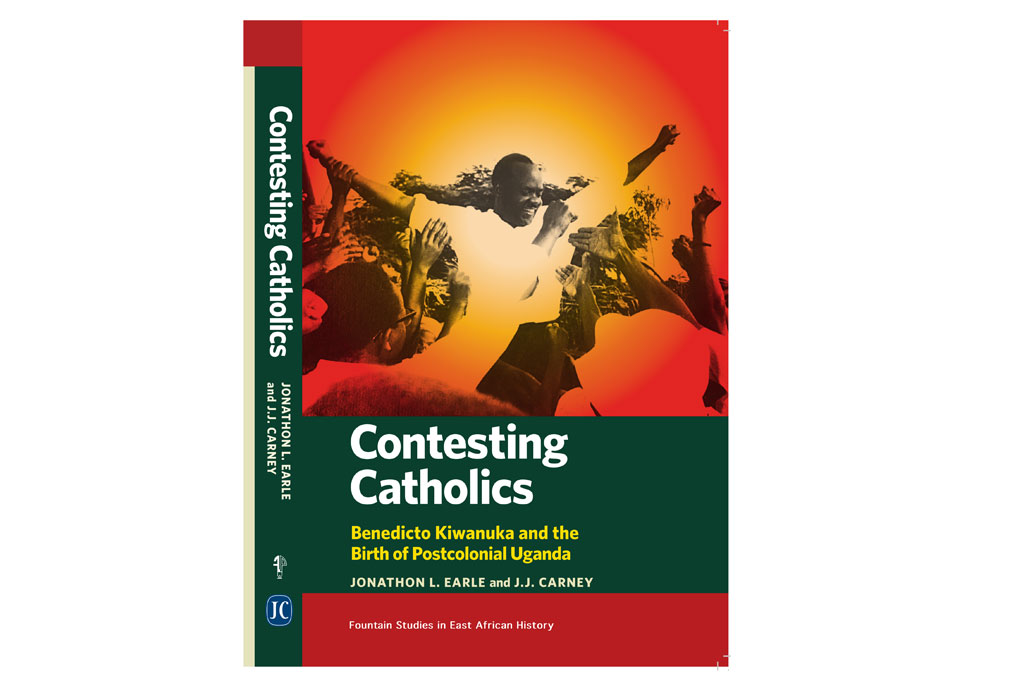Prime
Ben Kiwanuka and birth of post-colonial Uganda

The Book cover.
What you need to know:
- Catholic Politics and Ethnic Discourse in the Late Colonial Era (2014), which won the Ogot award.
Assassinated by former president Idi Amin, Benedicto Kiwanuka was Uganda’s most controversial and disruptive politician. On the eve of independence in 1962, he led the Democratic Party (DP), a national movement of predominantly Catholic activists, to end political inequalities and religious discrimination.
Along the way, he became Uganda’s first prime minister and first Ugandan Chief Justice. Jonathon L Earle and JJ Carney show how Kiwanuka and Catholic activists struggled to create an inclusive vision of the State, a vision that resulted in relentless intimidation and extrajudicial killings.
Focusing closely on the competing Catholic projects that circulated throughout Uganda, this book offers new ways of thinking about the history of democratic thought, while pushing the study of Catholicism in Africa outside of the church and beyond the gaze of missionaries.
Drawing on never before seen sources from Kiwanuka’s personal papers, the authors upend many of the assumptions that have framed Uganda’s political and religious history for over 60 years.

Ben Kiwanuka. PHOTO/FILE
Earle is associate professor of African History, Centre College, where he holds the Marlene and David Grissom Professorship of Social Studies, and is author of Colonial Buganda and the End of Empire: Political Thought and Historical Imagination in Africa (2017), which was a finalist for the African Studies Association’s Bethwell A. Ogot award.
Carney is associate professor of Theology at Creighton University, and author of Rwanda before the Genocide: Catholic Politics and Ethnic Discourse in the Late Colonial Era (2014), which won the Ogot award.
For your information
Title: Contesting Catholics: Benedicto Kiwanuka and the Birth of Postcolonial Uganda
Author: Jonathon L Earle and JJ Carney
Publisher: Fountain Publishers Ltd
Release date: 2022
Reviewed by Henry Lubega



